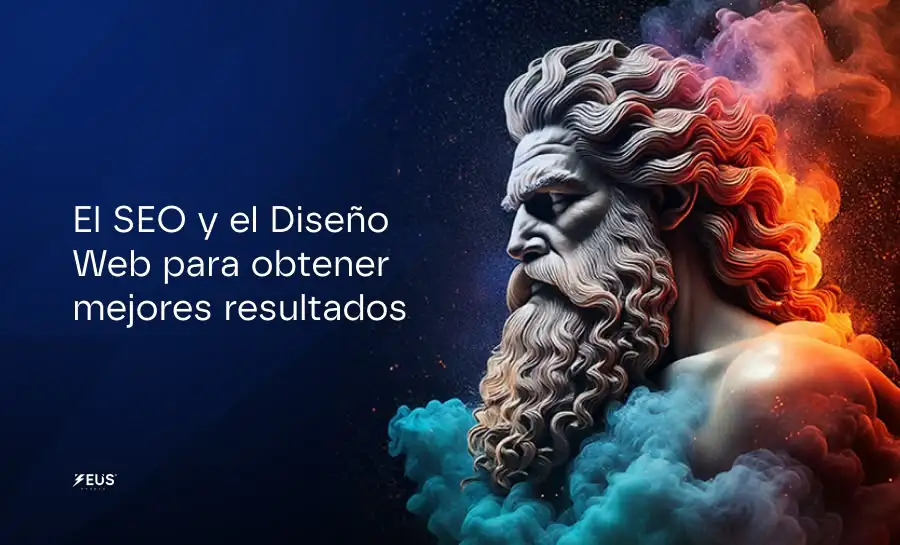
Discover how SEO and web design interact to improve Google rankings and deliver a unique user experience. Learn best practices in our article.
SEO and web design: keys to maximizing your online results
In the competitive digital world, the synergy between SEO (Search Engine Optimization) and web design is key to ensuring a site that not only attracts visitors, but also converts them into potential customers. In this article, we'll explore how these two disciplines interact to optimize a website's performance and position it in Google's top search results.
The Importance of SEO in Web Design
SEO and web design can't work in isolation. For a website to be successful, it is essential that both work hand in hand from the planning stage. A site that is visually appealing, but lacks search engine optimization, runs the risk of going unnoticed. On the other hand, a well-optimized, but poorly designed, site could lead to a poor user experience (UX).
Keywords and content structure
One of the fundamental aspects of SEO is the strategic use of keywords. From the initial design of the site, it is crucial to consider:
- Keyword Research : Identify relevant terms that align with your audience's search intent.
- Content hierarchy : Create a clear structure with H1, H2, and H3 headings that organize content in a logical and readable way.
An efficient web design should make it easy to integrate these keywords through easy-to-navigate structures.
Web Design Elements That Impact SEO
1. Loading speed
Google prioritizes fast websites in its ranking algorithm. Web design aspects such as image size, clean code, and using a good hosting setup directly affect the site's load time.
2. Responsive design
With more than 60% of web traffic coming from mobile devices, having a responsive design is no longer an option, but a necessity. Google uses mobile-first indexing, which means that your site's performance on mobile devices directly affects its rankings.
3. Site Architecture
A good web design should include intuitive and user-friendly navigation. A clear structure and a well-planned internal linking system help search engines crawl and index content more efficiently.
4. Image optimization
Images are critical to web design, but they can also negatively affect loading speed if they're not optimized. Using lightweight formatting and adding alt text with relevant keywords can improve both accessibility and SEO.
You may be interested in: What is responsive web design
Benefits of SEO and Web Design Integration
When SEO and web design work together, the benefits include:
- Increased visibility in search engines : A well-designed and optimized site increases the chances of appearing in the top Google results.
- Better user experience : Smooth navigation and fast load times keep users on your site longer.
- Improved conversions : Intuitive design and relevant content help convert visitors into customers.
Best Practices for Combining SEO and Web Design
Planning from the start
Involving SEO and web design specialists from the early stages of the project ensures that both aspects are aligned. This includes everything from the selection of the color palette to the structure of the content.
Constant updating
Google's algorithms are constantly changing. Keeping the site up-to-date with the latest SEO trends and practices is vital to staying competitive.
Analytics and optimization
Using tools like Google Analytics and Google Search Console helps identify areas for improvement in both design and SEO.
SEO and web design: keys to maximizing your online results. Start your website with us.
At Zeus Studio, we are experts in combining web design and SEO strategies to ensure the success of your online business. Contact us today to transform your website into a powerful tool that generates real results!



